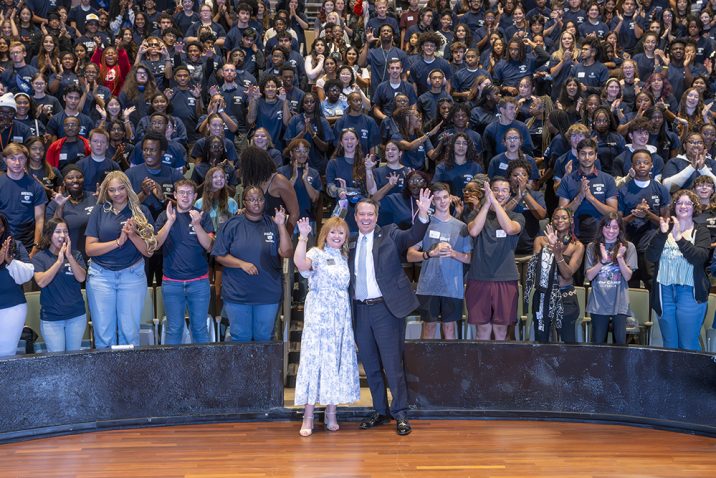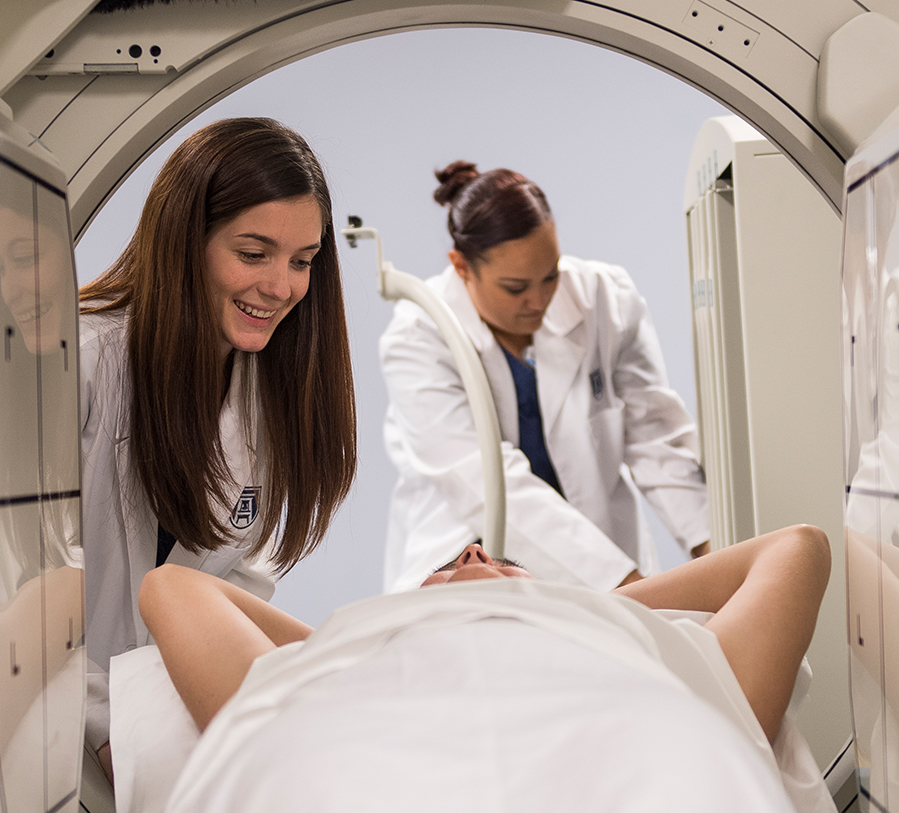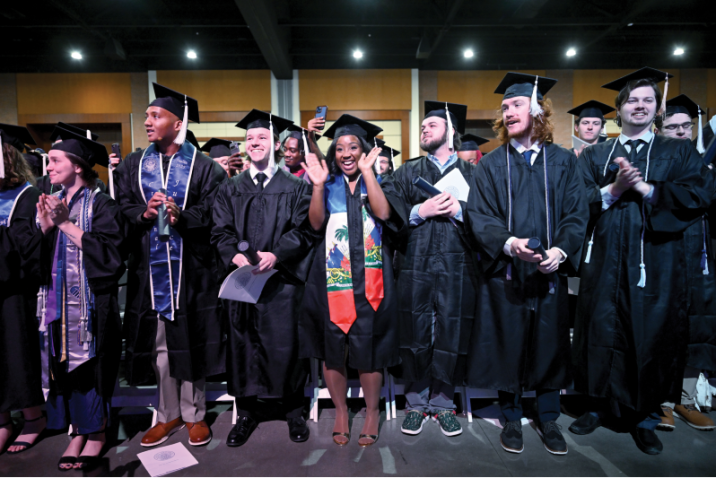Nuclear Medicine Technology
Are you looking for a medical career that lets you combine science with computer skills?
A nuclear medicine technologist uses cutting-edge technology to assist physicians in diagnosing and treating disease. The nuclear medicine technology program from the College of Allied Health Sciences’ Department of Allied Health Professions helps prepare students for a variety of pathways.
Augusta University is Georgia’s Health Sciences Center of Excellence. Join us to become tomorrow’s health care professionals today.
Nuclear Medicine Technology is for you if you consider yourself
Nuclear Medicine Technology
987 St. Sebastian Way
Augusta, GA 30912
What You'll Study
Coursework
In the Nuclear Medicine Technology program, you will augment a science and mathematics core with classes in radiation physics, nuclear medicine instrumentation, nuclear cardiology and positron emission technology (PET). All nuclear medicine technology courses are built around a hybrid design with learning experiences requiring online interaction for lecture and homework exercises. The program itself is designed as both a traditional resident program as well as a distance learning program for Atlanta-area students, with clinical affiliates located in Augusta, Athens, Atlanta and Columbus.
Course List | Track Sheet | Prerequisites & Deadlines | Accreditation
Experience-based Education
Outside the Classroom
Education includes 1,300 hours of clinical experience and 65 proficiencies covering things like oncology, infection, cardiovascular and radionuclide therapy.
A typical week includes two days of classroom work and 2-3 days of clinical experience.
Immersive learning means clinical experiences begin soon after starting the program and carry on through completion. The required rotation ensures you experience all the major equipment brands, broadening your appeal to future employers.
Research & Innovation
Whether you're an undergrad or graduate student, you'll have opportunities to create your own research projects or work with faculty to tackle some of the world's most complex and pressing challenges.
Academic Health Center
Academic health centers teach tomorrow's health care professionals, and the only way to do this is to stay on top of the latest treatments and tools for a culture of continuous learning.
Your Future
Career Options
The Nuclear Medicine Technology program prepares you to participate in general nuclear medicine, nuclear cardiology, positron emission technology and research.
Job prospects are excellent, with 83% of graduates finding a job within six months of graduating and median salaries of just under $80,000.
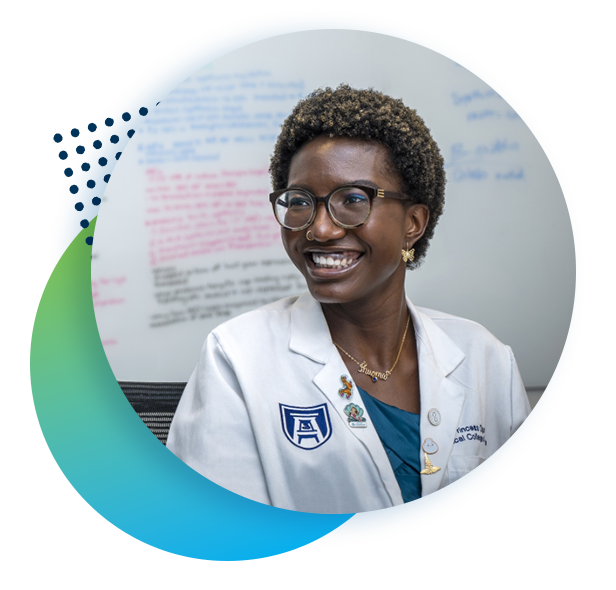
Why Augusta?
Programs are offered in flexible delivery formats to accommodate busy lifestyles.
Clinical affiliates are located in multiple sites across Augusta, Athens, Atlanta and Columbus.
Bridge programs are perfect for professionals with existing certificates or military nuclear medicine training to enhance their education by obtaining a bachelor’s degree.
Graduates are eligible to take national certification exams.
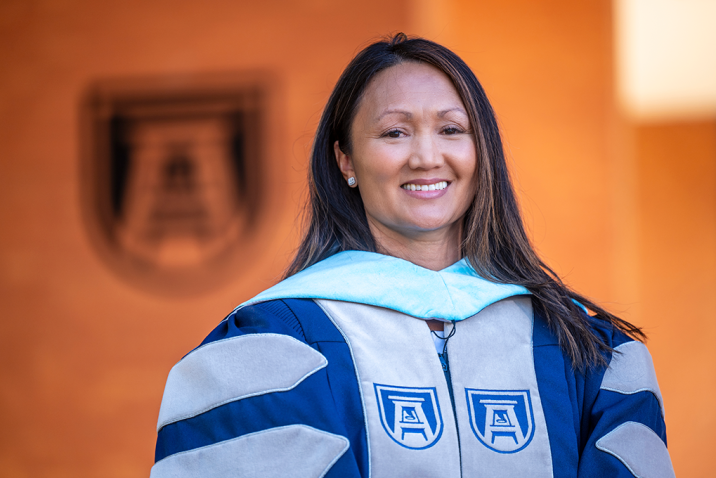
A lesson in persistence: Student and program director earns her EdD
A lesson in persistence: Student and program director earns her EdD